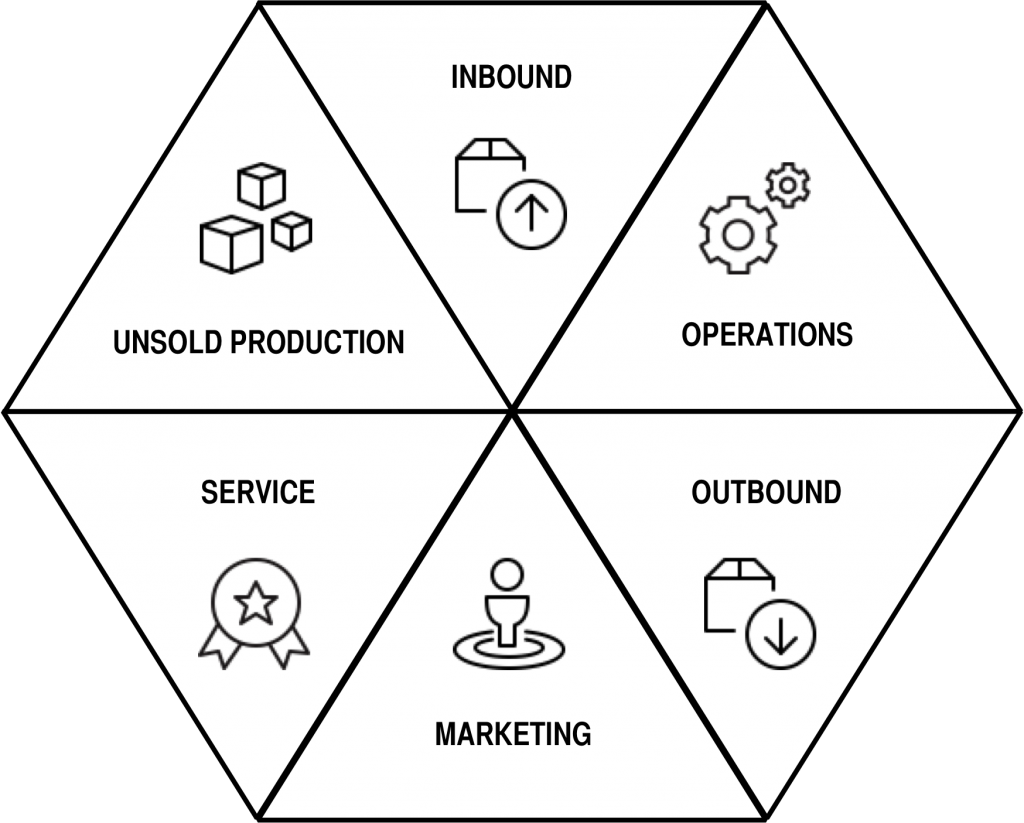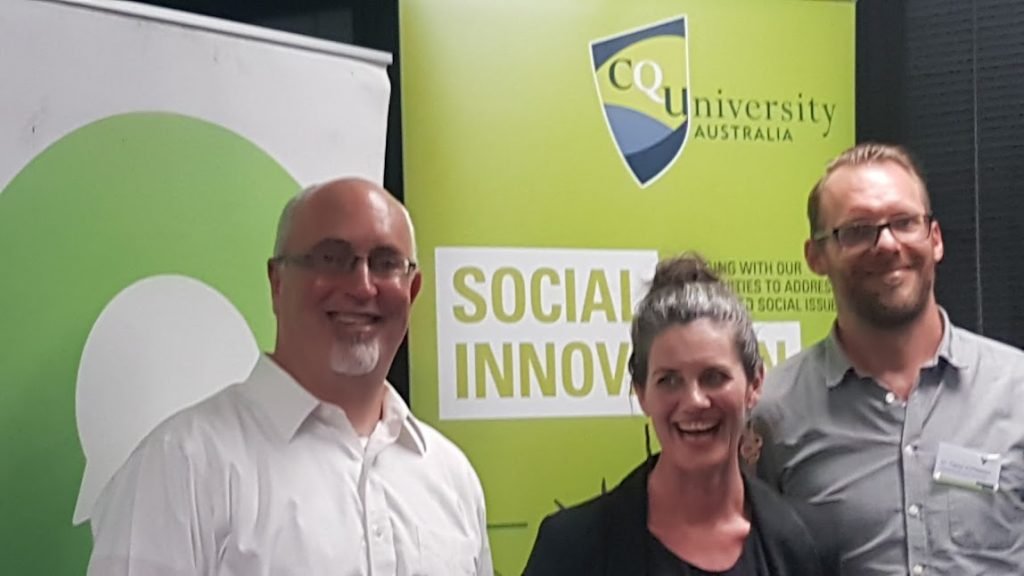Visiting professor Jay Friedlander brought his abundance approach to social enterprise at CQ University in Brisbane last night, Monday November 4th. Hosted by Dr Tobias Andreasson of CQU and Emma-Kate Rose of QSEC, Professor Friedlander outlined his Cycle of Abundance and the Social Enterprise bootcamp that he runs.
“Many approaches to sustainability have focused on using less, doing without … we have adopted the scarcity model of the economists,” he told 30 social entrepreneurs, gathered to discover how his institute in Maine, USA helps start up founders bridge the business gap.

The College of the Atlantic is a tiny campus, nestled into an island in the far north east corner of the United States, which takes 350 students through a Masters of Human Ecology using a hands on learning approach in which they build a social enterprise as part of their education. The system uses variations on a business model canvas which replaces waste with a category of goods known as “unsold production”. He described these subtle shifts in thinking as the basis of promoting a new approach to business.
He described the intensive MBA 101 as a key component in taking the visionary, passionate founders through the process of understanding the basic building blocks of a business. They all start off pursuing their passion then at some point they realise, Oh My Goodness, I am now running an enterprise and I don’t know the first thing about management and systems.
“We found that process to be so transformational that we decided to take it off campus and run it as a three day boot camp.” The boot camps have run in 19 US states and various Australian organisations are looking at adopting them here.

In response to questions from the floor, he said that while each sustainable enterprise can only shift the world a little, it is the network of social enterprises that will build a model for the future and the mutual support will help the sector scale.
He noted that operating at scale can lead entrepreneurs to focus on growth instead of their vision but he pointed out that it is critical. “For example, after fifteen years in building and promoting organic fast food in the US we are still less than one percent of the market. If the 99% of commerce heed over the cliff, we are going with them. We need to scale up massively, to make a difference.”
